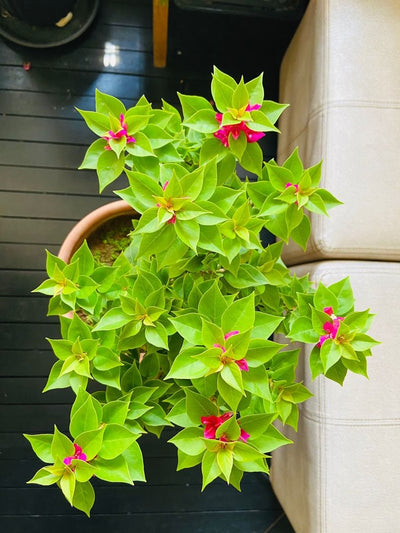Eggplant Farming in Polyhouse (Vankaya) for Profit
Greetings, fellow farming enthusiasts! Today, let's delve into the fascinating realm of eggplant cultivation within the controlled environment of a polyhouse. Eggplant, also known as brinjal or aubergine, holds a special place in our hearts and kitchens, and it's time to uncover the secrets of successful eggplant Polyhouse farming from seedling production to bountiful harvests. 🌞

What is Polyhouse Farming?
Polyhouse farming is a revolutionary approach to agriculture. It involves using customized polythene sheets as covering materials in a greenhouse, creating a controlled environment that shields crops from adverse weather conditions. This method allows farmers to regulate temperature and humidity, resulting in increased vegetable production without compromising on quality.
The Benefits of house Farming:
Polyhouses offer a plethora of advantages, making them ideal for eggplant cultivation:
- Climate Control: With a polyhouse, you have the power to regulate temperature and humidity, ensuring optimal conditions for eggplant growth. This is crucial for achieving high yields.
- Pest Protection: Polyhouses act as guardians of your crops, keeping out unwanted guests like animals and birds. Insects and worms that can wreak havoc on open-field crops are kept at bay, allowing for three to five times more yield.
Foundations of Success:
To succeed in eggplant farming within a polyhouse, it's essential to understand the climate and soil requirements:
- Climate: Eggplants thrive in warm conditions, requiring a long growing season. They are sensitive to frost, so it's crucial to maintain a daily temperature range of 13-21°C.
- Soil: Eggplants are adaptable to various soil types but prefer silt loam and clay loam soils that are deep, fertile, well-drained, and have a pH level of 5.5-6.8.
Sowing the Seeds of Success:
Before you begin, pamper your eggplant seeds:
- Seed Treatment: Treat the seeds with Trichoderma viridae or T. harzianum to protect them from seed and soil-borne fungal diseases. Alternatively, use (Carboxyn + Thiram) DS or (Carbendazim + Thiram) mix at recommended dosages for optimum effect.
- Nurturing the Crop - Water and Care:
Proper care is essential for a successful eggplant harvest:
- Irrigation: Eggplants thrive on moisture. In the polyhouse, maintain a steady supply of water around the root zone. Light irrigation on the first and third days after transplanting is recommended. Adjust irrigation intervals to 8-10 days during winter and 5-6 days during summer.

- Drip Irrigation: Consider implementing drip irrigation for precise watering and nutrient delivery. It reduces water loss, provides better control over irrigation zones, and allows tailored care at each crop stage.
Conclusion:
Eggplant farming in a polyhouse combines the wonders of nature with modern innovation. By embracing this approach, you can shield your precious crops from adverse conditions, pests, and diseases while maximizing yields and maintaining quality. So, let's continue nurturing these beautiful eggplants, reaping the rewards of our efforts, and savoring the rich bounty they offer to our tables and lives. Happy farming! 🌱🍽️ #PolyhouseEggplantFarming #GreenThumbsUnite




Leave a comment